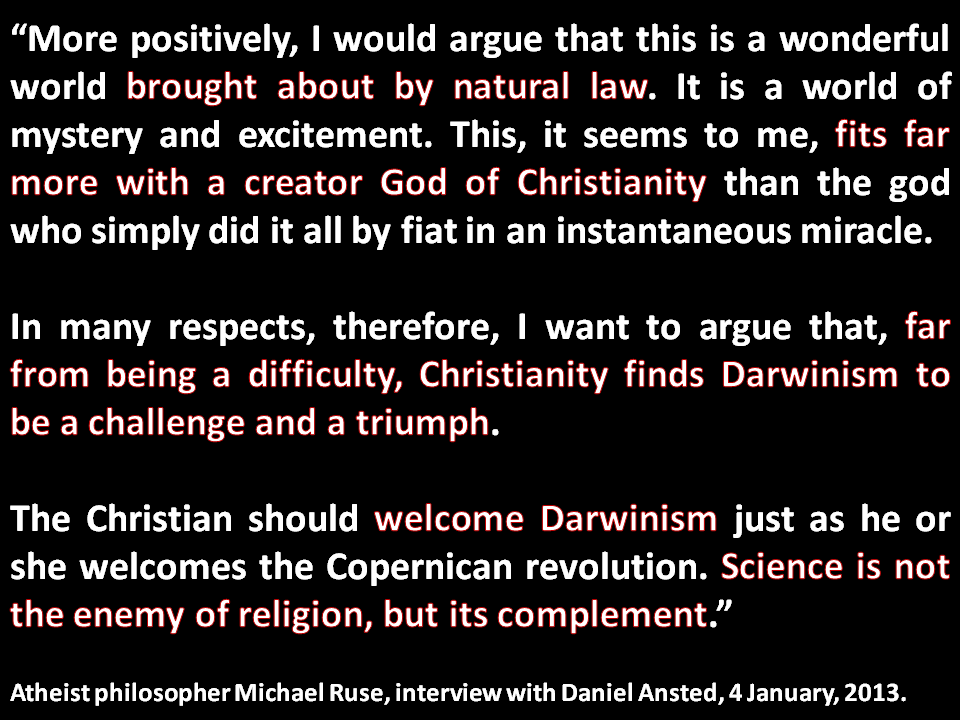@Jonathan_Burke, I think you will like Cline’s treatment below - -
He describe’s the book of Job with much of a chapter devoted to the forces of nature … challenging the reader to explain natural events … events that God controls:
Job 38:22
Hast thou entered into the treasures [aka STOREHOUSES] of the snow? or hast thou seen the treasures [STOREHOUSES] of the hail,
Job 38:23
Which I have reserved against the time of trouble, against the day of battle and war?
Job 38:24
By what way is the light [heat] parted, which scattereth the east wind [the heat of the Sirocco] upon the earth?
David Clines of University of Sheffield writes (“One or Two things You may not know about the Universe”):
“It is well known that in Hebrew cosmology there are storehouses in the heavens, but how many are they? There is a variety … there isa storehouse of rain (Deut. 28:12); of wind (Job 37:9; Jer. 10:13…); of clouds (Sir. 43:14); perhaps of the heavenly sea (Psa. 33:7; of darkness, cf. 1QS 10:2); of winds, snow, mist, thunder (1 Enoch 41:4; 60:11-21); of winds, meteors and lightning (1QH 1:12; 11QBer 2:7); and apparently of manna also (Psa. 78:23-24). In the present text, most readers recognize storehouses of snow and hail, but there is a third as well: heat…”
Verses 25-27:
"Who cuts a channel for the torrent of rain, a path for the thunderbolt, to bring rain on a land uninhabited, on the unpeopled desert; to satisfy a waste and desolate land, making the thirsty ground sprout with greenness?
Clines describes: "Lightning also, like torrential rain, follows a prescribed path in its journey to earth. Elihu in 28:36 has already used the very phrase we have here, ‘a path for the lightning of the thunder.’
Verses 28-30:
"Has the rain a father? Who sires the dewdrops? From whose womb comes the rime? Who is the hoar-frost’s mother? The waters become hard as stone, and the face of the deep is captured [by the ice].
Cline: [This] next strophe shifts our gaze from the dramatic downpours of rain, accompanied by thunderbolts, to the more placid provision of five kinds of moisture: in the form of rain and dewdrops, rime and hoar-frost, and ice (depicted but not named in v. 30)."
“Has the rain a father? . . . The answer is No! The rain, along with all the other forms of moisture, has no (mythological) father or mother, being nothing but the result of a divine act or, less probably, the operation of natural laws (cf. v. 33). The rain, along with all these other forms of moisture, was not brought into being once and for all in a primordial time, as the language of begetting and child-bearing might suggest. Rain and dew, rime and hoar-frost, are perpetually created anew by Yahweh in his daily care for his universe.”
Verses 31-33
“Can you bind the cluster of the Pleiades, or loose Orion’s belt? Can you bring out the Mazzaroth in its season, or guide Aldebaran with its train? Do you determine the laws of the sky (heaven)? Can you establish its rule upon earth?”
[ King James renders 33 thusly:
“Knowest thou the ordinances of heaven? canst thou set the dominion thereof in the earth?” ]
CLINE: “The terms ‘binding the Pleiades’ and ‘loosing Orion’s belt’ do not refer to the original disposition of these stars at creation, but to the impossibility of interfering with their powers of rain-making. To bind the Pleiades would be to check the spring floods that they unleash, and to loose Orion’s belt would be to disable the autumn rains.”
“The laws of the heavens, which we hear of elsewhere in the Hebrew Bible only at Jeremiah 33:26 (‘the ordinances of heaven and earth’), are the regularities that associate a given constellation with a season of the year. These laws of association constitute the ‘rule’ of the heavens upon earth.”
Verses 34-38
"Can you lift your voice to the clouds, and make a flood of waters answer you? Can you send lightning bolts on their way, and have them report to you, “Ready!” ? Who gave the Ibis wisdom or endowed the cock with intelligence? Who can disperse the clouds with skill, and tilt the water jars of the heavens, so that the soil fuses into a solid mass, and the clods of earth stick fast together?"
Cline: In this section “… longer than all the others because of its climactic position, we are reminded that what Job cannot do, God can, and does. These verses envisage the falling rain from the clouds as a response to the voice of Yahweh. The lightning likewise does not fall of its own accord, but reports for duty to its master; each bolt is directed on its way individually by God. The law of nature, according to this cosmology, is that nature does what it is told.”
Something to think about here, @Relates (aka Roger) … if God can bind and direct trillions of quantum particles to create and direct lightning to its assigned target - - the idea that God can direct the occasional cosmic ray - - unseen - - to specific chains of genetic code doesn’t seem to be that much of a challenge to the Almighty.
